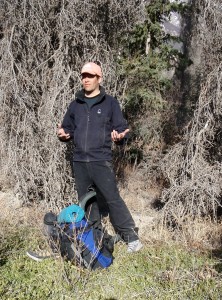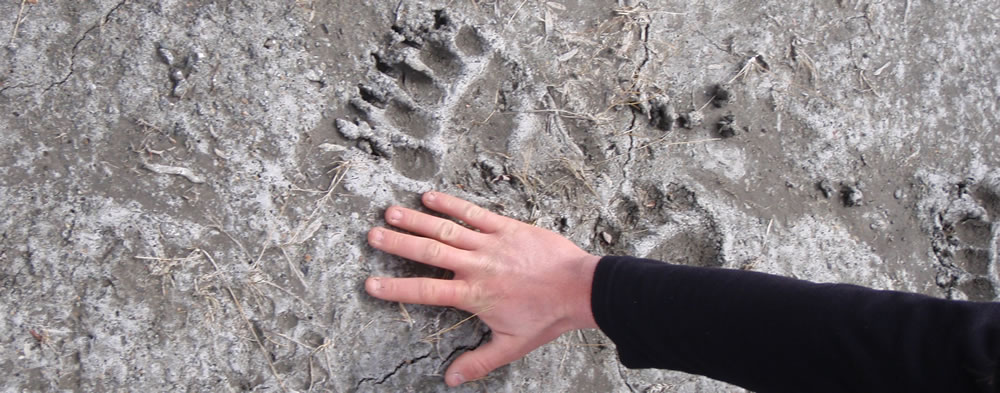Benefits of shifting the western educational paradigm towards one that is more holistic, experiential and sustainable
Smith (1999) suggests that the saying that “knowledge is power” is taken seriously in indigenous communities. Much thought has been given to the process of effectively sharing knowledge. (p. 16)
There is an increasing shift towards a greater acceptance and understanding of traditional knowledge in Western society. Specifically, we look to how an increase in momentum can lead to a paradigm shift in the classroom that has been historically dominated by the Western notion of science.
Holistic and Experiential Approach
As Bennett (2012) discusses in her TK interview, being open-minded and learning to listen are essential attributes for students and teachers when moving into areas of unknown. Being willing to take risks and incorporating traditional knowledge into the curriculum. Vital to Bennett, is the perspective that First Nations want be understood rather than tolerated.
Bennett (2012) explains that for First Nations students, building connections to where they are from is very important. For First Nations students, learning in a framework that they are familiar with, increases their chances for success. Academically and social they are more likely to be engaged. For non-First Nations students getting a greater understanding is important in gaining an acceptance of other cultures.
Teachers are still wary to expand their worldview and fear losing their identity. This requires a duality and commitment to being open, but as Bennett (2012) points out that this is a skill that taught, developed and worked on over time. She notes that the most successful First Nations students have learned this skill and are fluently able to move back and forth between both worlds.
Sustainability
When Marker (2011) examines the reverence given to the relationship between the Coast Salish people and salmon, whereby it is not just seen as a resource, but in fact weaved into all aspects past, present and future, it becomes clear that the Eurocentric educational attitudes could garner a great deal in terms of learning about sustainability by carefully considering this type of approach. (p. 103)
An important lesson in sustainability is described by Bowers, Vasquez, and Roaf (2000, p. 185) as they caution that as our dependency on technology, and our propensity for global consumerism increases, local knowledge is further undermined and maintaining community traditions and spiritual connections becomes increasingly difficult for indigenous cultures. This puts a greater emphasis on understanding how technology can erode traditions and place-based knowledge if we storm ahead blindly.
Bennett, M. (2012). Traditional Knowledge Interview. From: http://youtu.be/kL8puPG8mrk
Bowers, C.A., Vasquez, M., & Roaf, M. (2000) Native People and the Challenge of Computers: Reservation Schools, Individualism, and Consumerism. American Indian Quarterly, 24(2),182-199.
Marker, M. (2011). Teaching History from an Indigenous Perspective: Four Winding Paths up the Mountain. In P. Clark, New Possibilities for the Past, Shaping History Education in Canada. University of British Columbia Press
Smith, L. (1999). Introduction to Decolonizing Methodologies: Research and Indigenous Peoples. London: Zed Books Ltd, (p.p.1-18)
